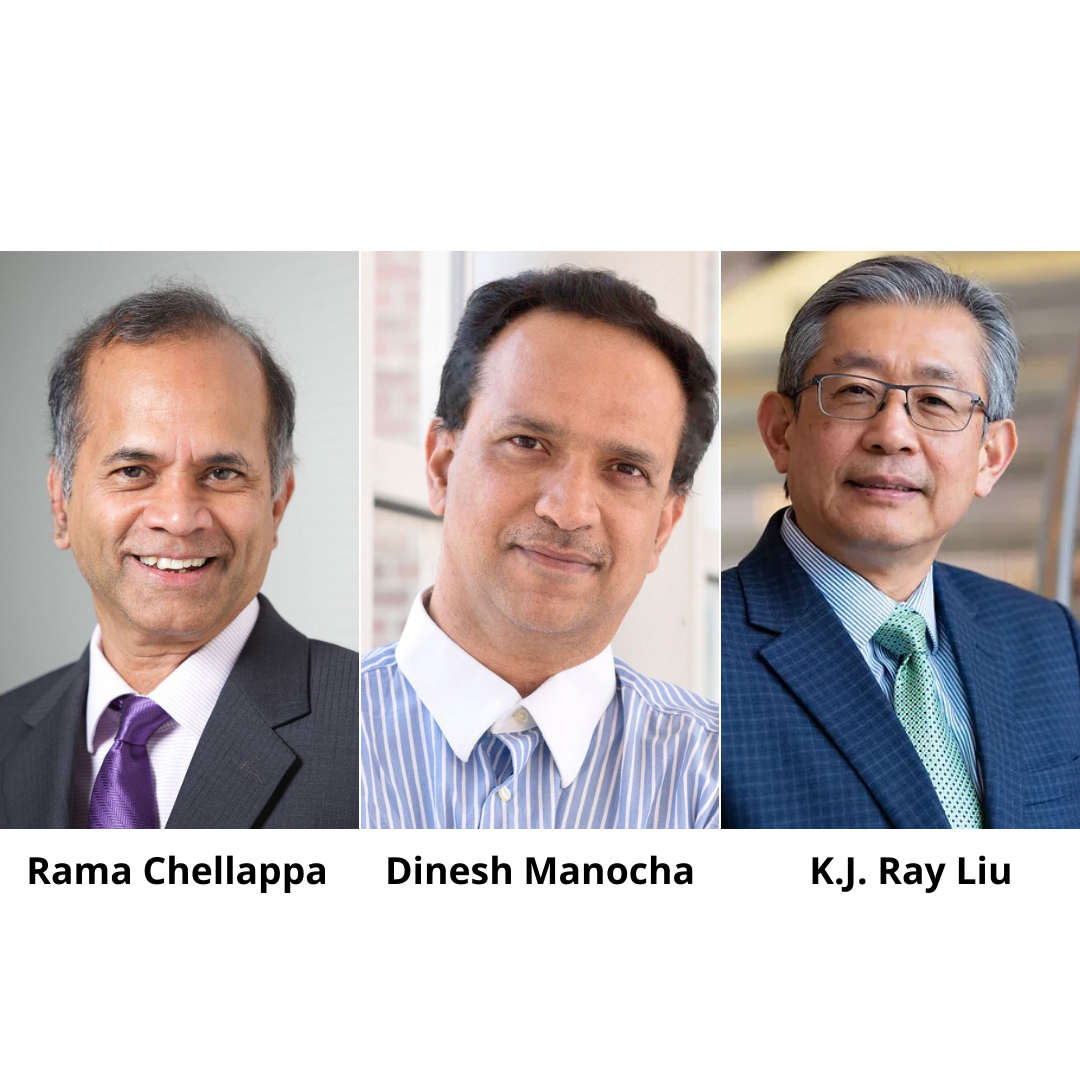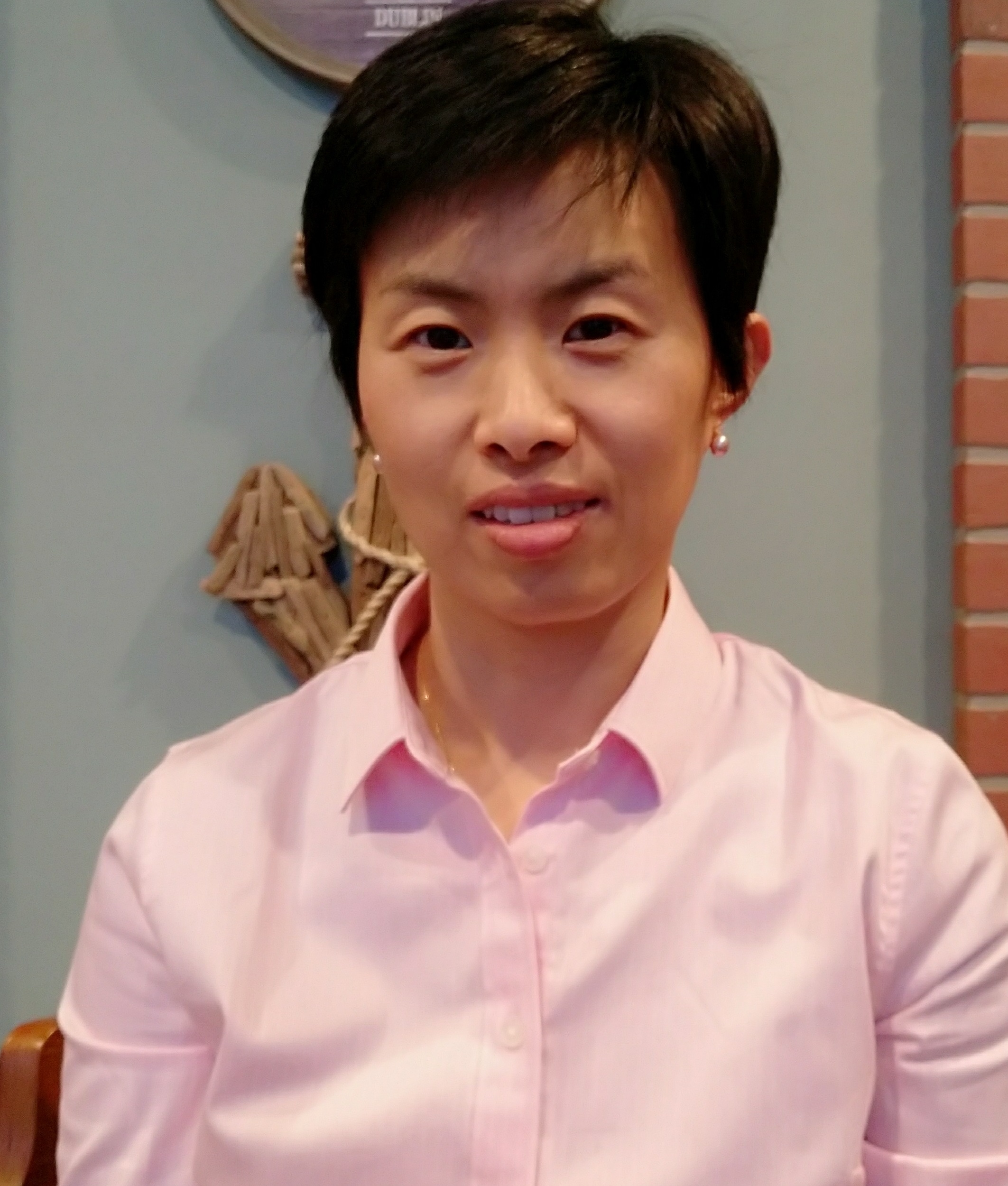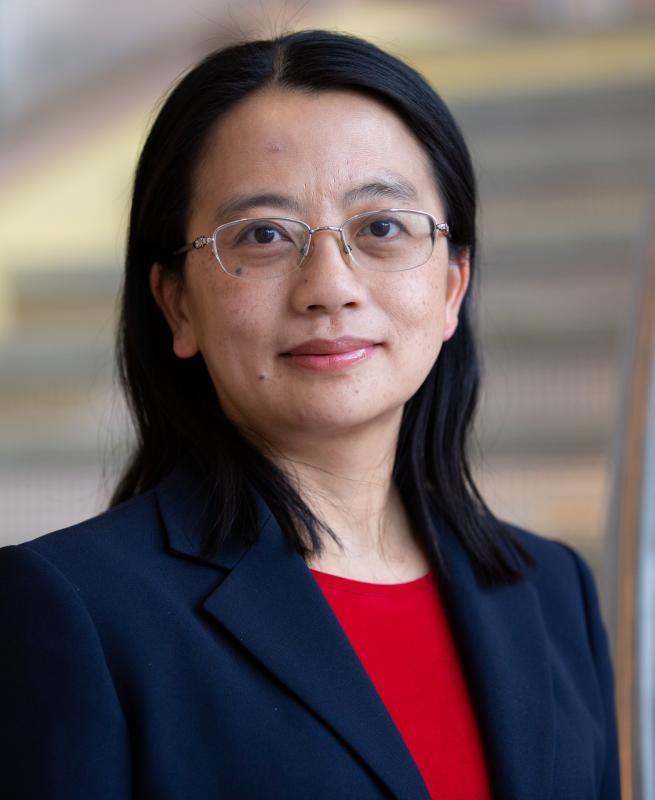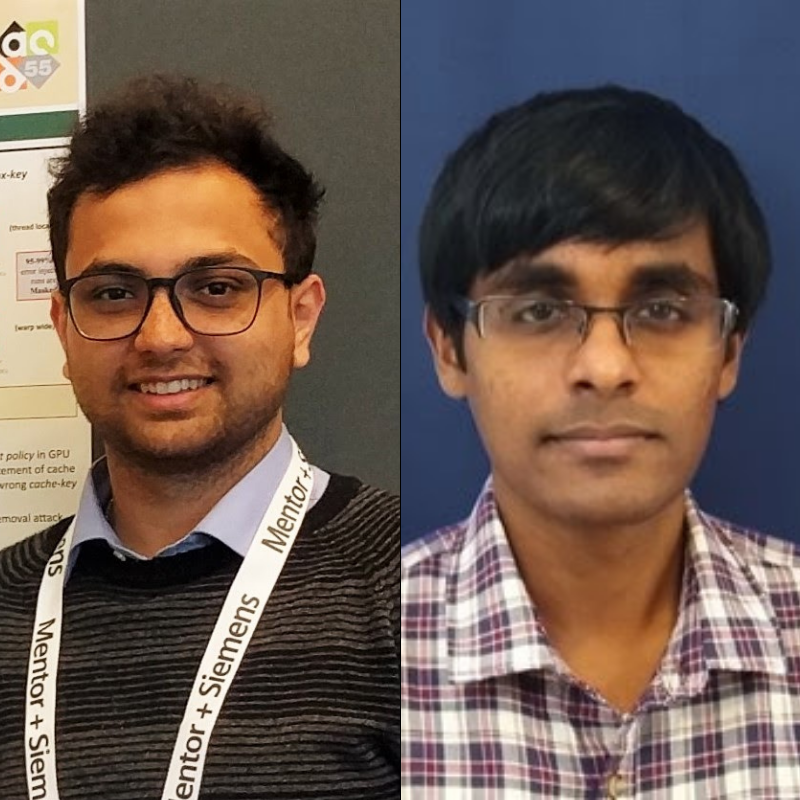News Story
Behtash Babadi and Dana Dachman-Soled Promoted to the rank of Associate Professor with Tenure
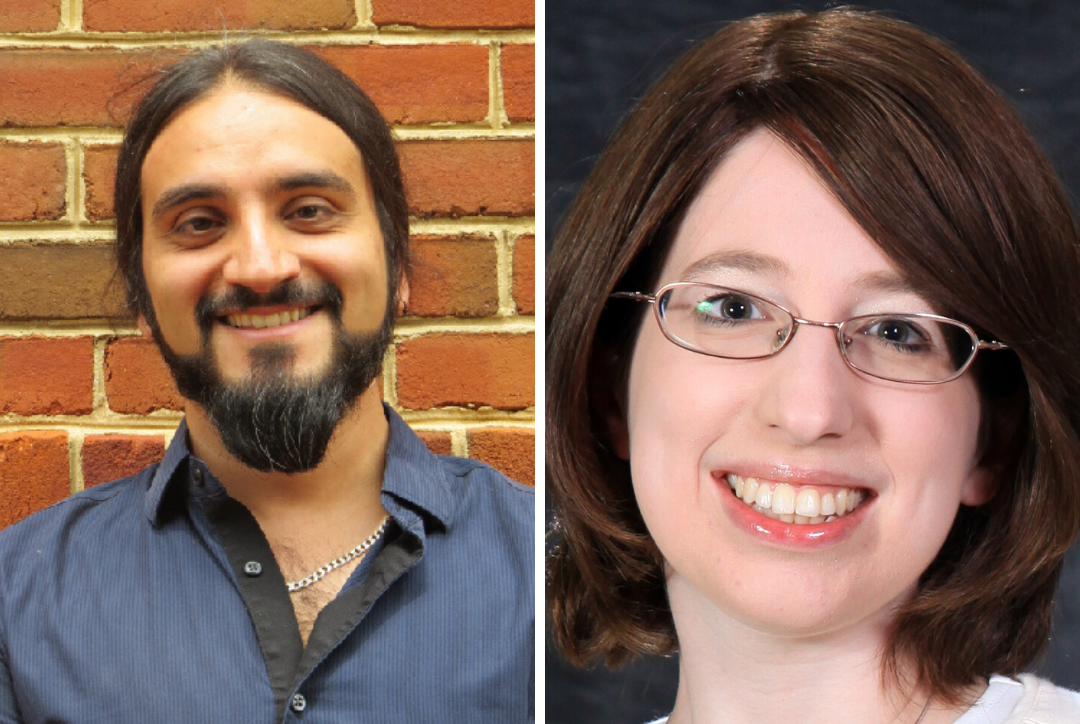
Congratulations to Professors Behtash Babadi and Dana Dachman-Soled!
Congratulations to Behtash Babadi (ECE/ISR) and Dana Dachman-Soled (ECE/MC2/UMIACS) on their promotions to the rank of associate professor with tenure approved by University of Maryland President Wallace D. Loh. Their promotions are effective July 1, 2020.
Behtash Babadi
Babadi joined the Department of Electrical and Computer Engineering in January 2014 after finishing his post-doctoral training at MIT and Massachusetts General Hospital in the areas of Brain and Cognitive Sciences, and Anesthesia. He received his Ph.D. in Engineering Sciences from Harvard in 2011.
An affiliate of the Institute for Systems Research (ISR), Babadi has broad research interests in statistical and adaptive signal processing, neural signal processing, and systems neuroscience.
In 2019, Babadi, Patrick Kanold and Wolfgang Losert became part of a BRAIN Initiative U19 center grant awarded by the National Institutes of Health. Their project, “Readout and control of spatiotemporal neuronal codes for behavior,” was funded for a total of $20M for five-years. Babadi is in charge of neural modeling, statistical data analysis, and model-based experimental design for the three science projects. He is also contributing data science tools to the Data Science Core. More recently, along with Reza Ghodssi and Pamela Abshire, Babadi has also become involved in the UMD/UMB AIM-HI (AI + Medicine for High Impact) program to tackle chronic pain, as a major health care challenge, using an integrated multi-disciplinary approach for identifying novel, localized biomarkers associated with gastrointestinal pain.
Babadi won the 2019 A. James Clark School of Engineering’s E. Robert Kent Teaching Award for Junior Faculty "in recognition of outstanding teaching evaluations, coursework development in ENEE 101 and senior and graduate level coursework supporting new specialization and graduate programs in machine learning.” He won a National Science Foundation (NSF) Faculty Early Career Development (CAREER) Award in 2016 for “Deciphering Brain Function Through Dynamic Sparse Signal Processing.”
Dana Dachman-Soled
Dachman-Soled joined the Department of Electrical and Computer Engineering and the Maryland Cybersecurity Center (MC2) in the fall of 2013. Prior to joining University of Maryland, she spent two years as a postdoc at Microsoft Research New England. She received her Ph.D. in Computer Science from Columbia University in 2011.
An affiliate of the Institute for Advanced Computer Studies (UMIACS), Prof. Dachman-Soled’s research interests are in cryptography, complexity theory, and security. She has broad interests in cryptography including security against physical attacks, post-quantum cryptography, secure multiparty computation, and black-box complexity. She is the recipient of a 2015 NSF CAREER award, a 2015 Ralph E. Powe Junior Faculty Enhancement award from ORAU, a 2016 UMD Research and Scholarship Award (RASA), and the 2018 Electrical and Computer Engineering Department’s George Corcoran Award, which is given to faculty members for excellence in teaching and for advancement of the profession.
Recently, Dachman-Soled’s research has focused on post-quantum cryptography--developing and analyzing the security of the next generation of cryptographic protocols. This involves constructing cryptosystems from new types of hard problems, such as “lattice problems,” that are believed to be computationally intractable, even for a quantum computer. Her research in this area has been funded by NSF, NIST, and Cisco & Silicon Valley Community.
Published May 29, 2020
